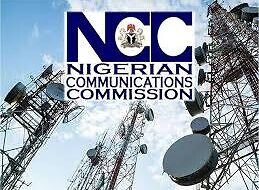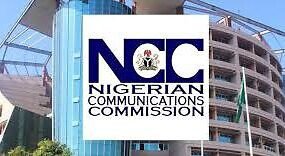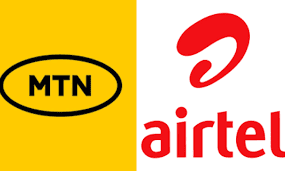IHS Towers, one of the world’s largest multinational tower companies, is grappling with a significant revenue drop, largely due to its over-reliance on a narrow customer base. In 2024, MTN Nigeria and Airtel Nigeria accounted for 57% of the company’s revenue, underlining the critical role these telecom giants play in its financial health.
Nigeria continues to be IHS Towers’ most valuable market, contributing 58.3% of its total earnings. However, the company’s revenue plunged from $2.1 billion in 2023 to $1.7 billion in 2024. This decline is linked to its overwhelming dependence on three mobile network operators: MTN Nigeria, Airtel Africa, and MTN South Africa. With 98.5% of IHS Towers’ revenue tied to these key clients, any adverse economic or regulatory changes could seriously impact its profitability.
Economic Challenges and Rising Costs
Nigeria’s ongoing economic struggles, particularly the severe devaluation of the naira since 2023, have contributed to soaring inflation and growing financial instability. With more than half of IHS Towers’ revenue tied to Nigerian operations, this economic volatility poses a serious threat to its growth prospects. The company has admitted that continued economic deterioration could impact its customers’ ability to meet lease obligations and maintain demand for telecom infrastructure.
Rising operational costs are also weighing heavily on IHS Towers’ profitability. In 2024, power generation alone accounted for 39.2% of its cost of sales, up from 33.5% in 2023. The company spent $348 million on power generation, primarily driven by diesel purchases, compared to $396 million the previous year.
Acknowledging the financial burden of diesel dependency, IHS Towers has invested in hybrid energy solutions that combine diesel generators with solar and battery systems. By the end of 2024, 41% of its sites were powered by hybrid systems, while 33% used grid electricity with backup generators. Additionally, 18% of sites relied exclusively on generators, with the remaining 8% powered by direct grid connections or alternative energy sources like solar power.
The company’s financial report highlighted its reliance on diesel: “We, or third-party contractors we have engaged for certain sites, are responsible for monitoring the diesel levels of our generator tanks and scheduling diesel deliveries. Given the importance of diesel for the operation of our sites in many of our African markets, we may purchase diesel in large quantities, which is then stored at our facilities.”
Expansion Challenges and Hopes for Recovery
Despite the mounting costs, IHS Towers continues to expand its network across Africa and Latin America. As of December 2024, the company managed 39,229 towers across six African and two Latin American countries, remaining the largest independent tower operator in six of its eight markets.
However, the high cost of building new towers poses a significant challenge. In Africa, constructing a new tower costs between $50,000 and $100,000, while in Latin America, the cost ranges from $40,000 to $80,000. The financial strain of expansion is further complicated by limited access to financing and foreign exchange.
Even with long-term Master Lease Agreements (MLAs) lasting five to ten years, IHS Towers remains highly dependent on the financial stability of its key customers. Many of these telecom operators rely on significant debt or external funding to sustain their operations. Any disruptions in their ability to secure financing could lead to reduced infrastructure investments, diminishing demand for IHS Towers’ services.
Yet, Sam Darwish, CEO of IHS Towers, remains optimistic about future growth, particularly in Nigeria. The Nigerian Communications Commission’s (NCC) recent approval of a tariff increase, which major operators like MTN Nigeria and Airtel Nigeria are already implementing, is expected to boost telecom infrastructure investment in 2025.
“We are extremely bullish on Nigeria at the moment,” Darwish stated, expressing confidence that the tariff adjustments will positively impact the industry as telecom companies expand their networks to improve service quality.
IHS Towers’ leadership position in Africa’s telecom infrastructure market remains strong, but its heavy dependence on Nigeria and a narrow customer base underscores the urgent need to diversify its revenue streams. As the company strives to navigate economic challenges, it must adapt quickly to maintain its dominance in the rapidly evolving telecom landscape.







2 replies on “IHS Towers Faces Revenue Decline Amid Heavy Dependence on MTN and Airtel”
[…] Telkom South Africa has announced that it will be raising prices for its fixed broadband and voice services, effective from 1 April 2025. The company attributes the price hike to mounting economic pressures, including rising inflation, escalating energy costs, and a weakened exchange rate. These challenges have significantly impacted various sectors, pushing Telkom to make adjustments to sustain its services. […]
[…] May 7, IHS Towers saw over 3 million shares traded on the New York Stock Exchange. This marked the company’s […]